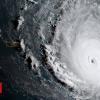As Hurricane Florence approaches the east coast of the United States, use our guide to see how these deadly storms form, their devastating effects and how they are measured.
Hurricanes
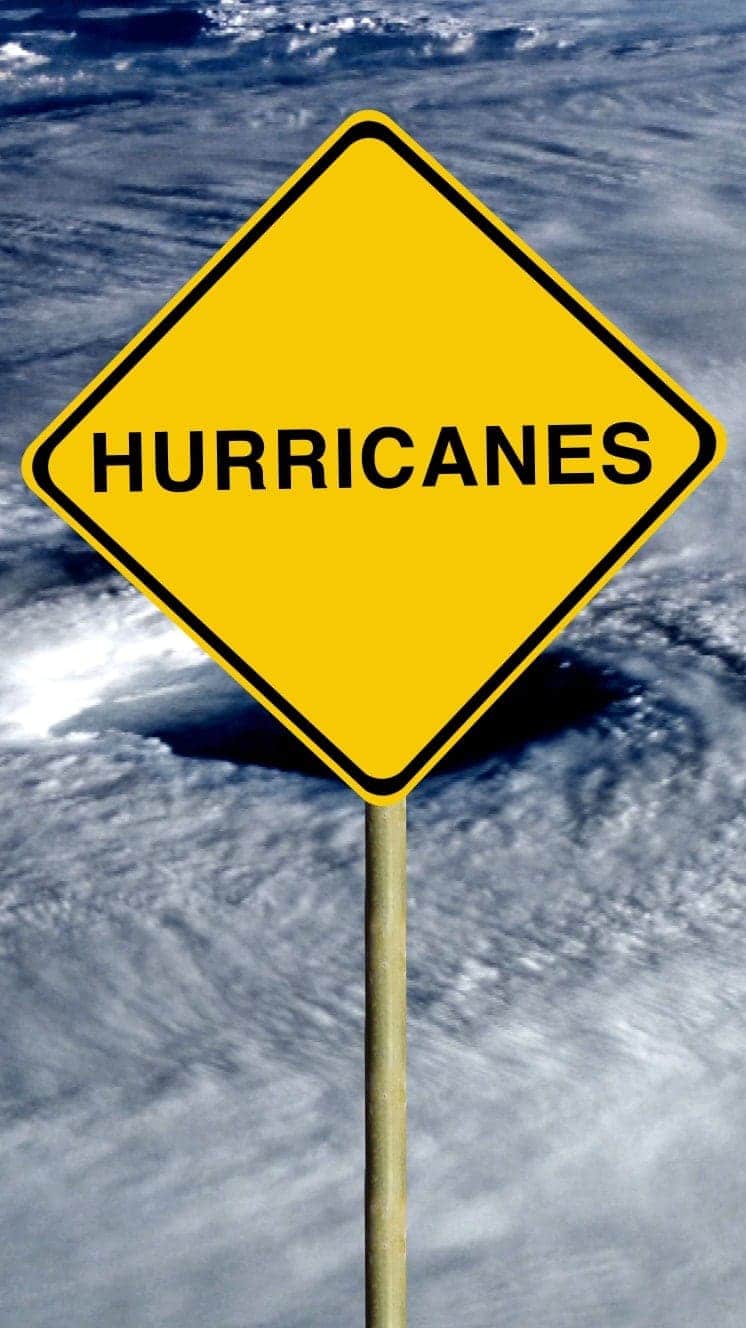
A guide to the world’s deadliest storms
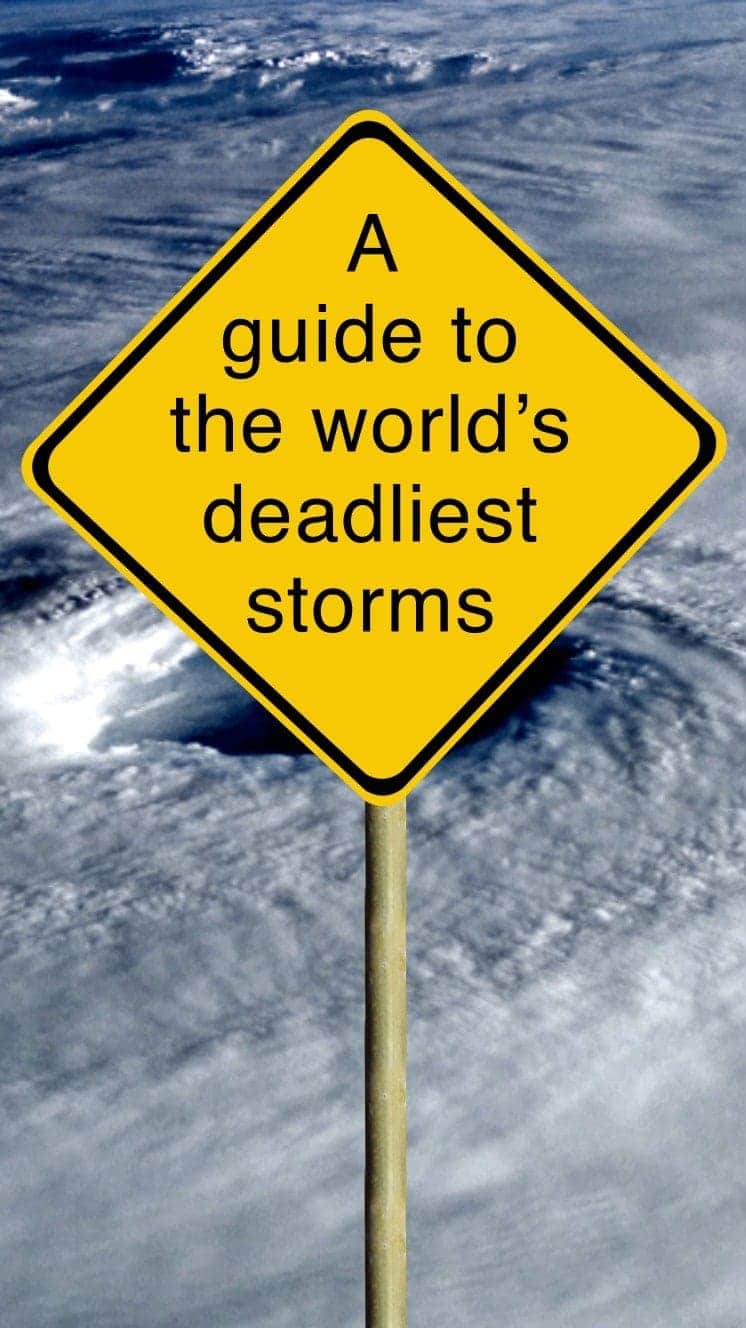
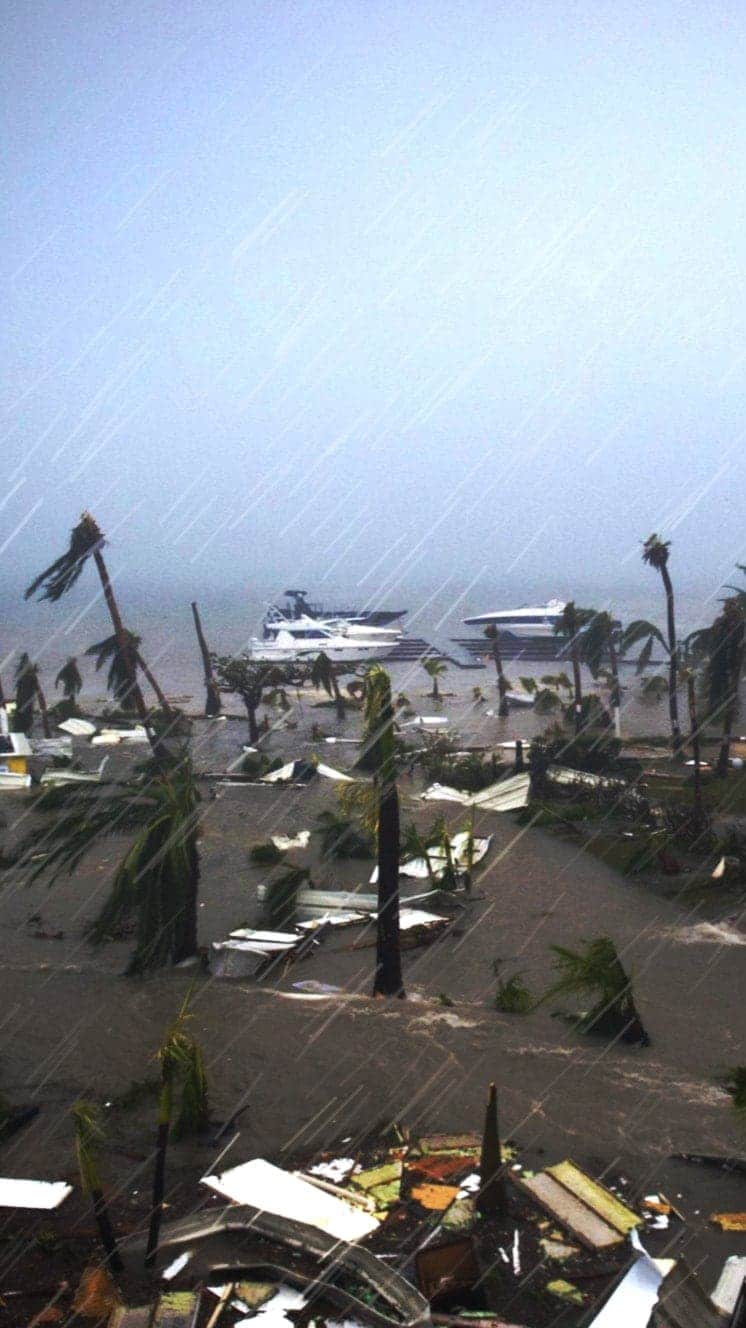
Hurricanes are violent storms that can bring devastation to coastal areas, threatening lives, homes and businesses.
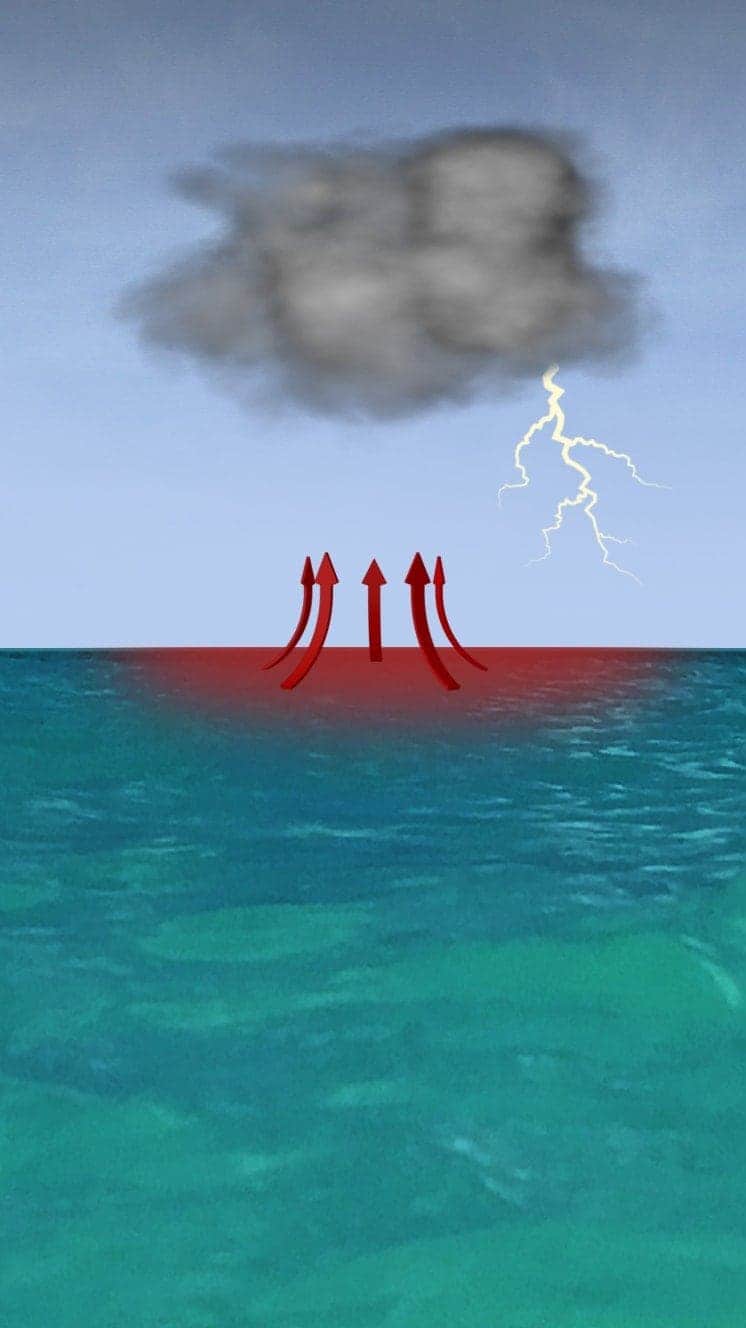
Hurricanes develop from thunderstorms, fuelled by warm, moist air as they cross sub-tropical waters.
Warm air rises into the storm.
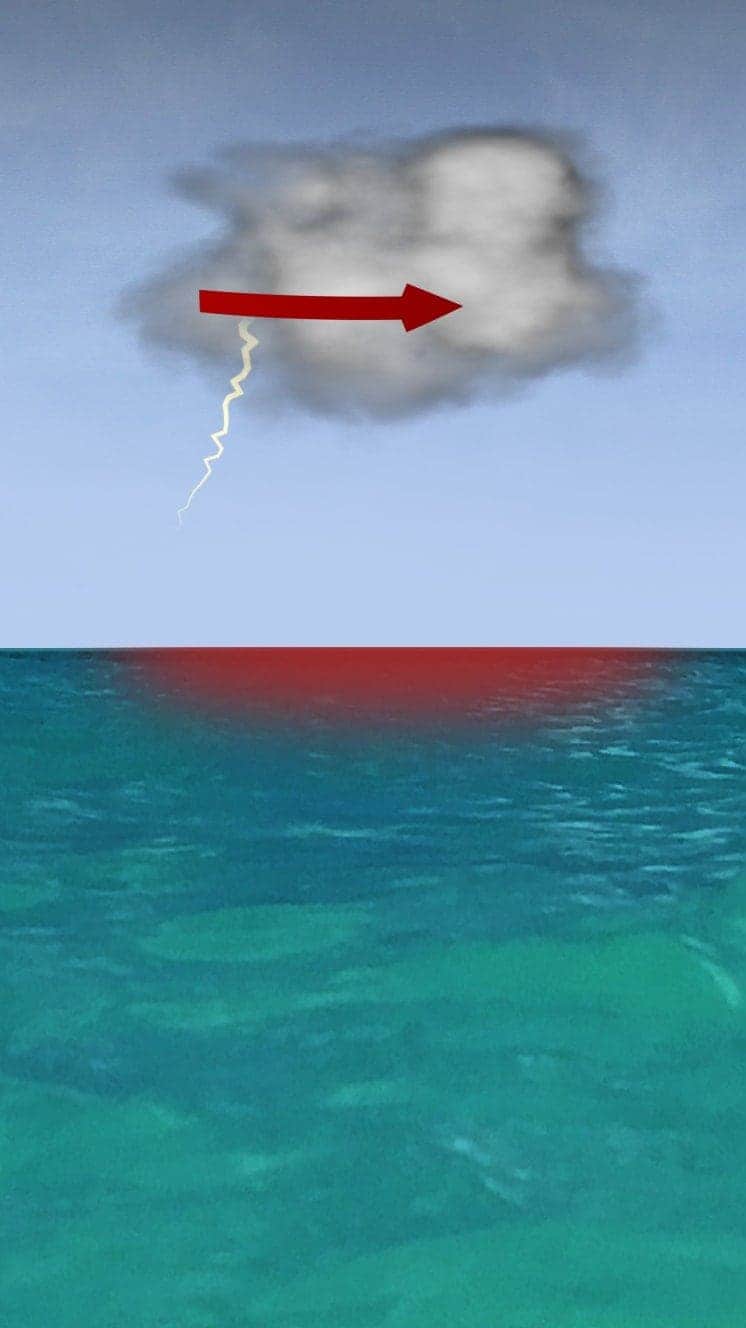
Air swirls in to fill the low pressure in the storm, sucking air in and upwards, reinforcing the low pressure.
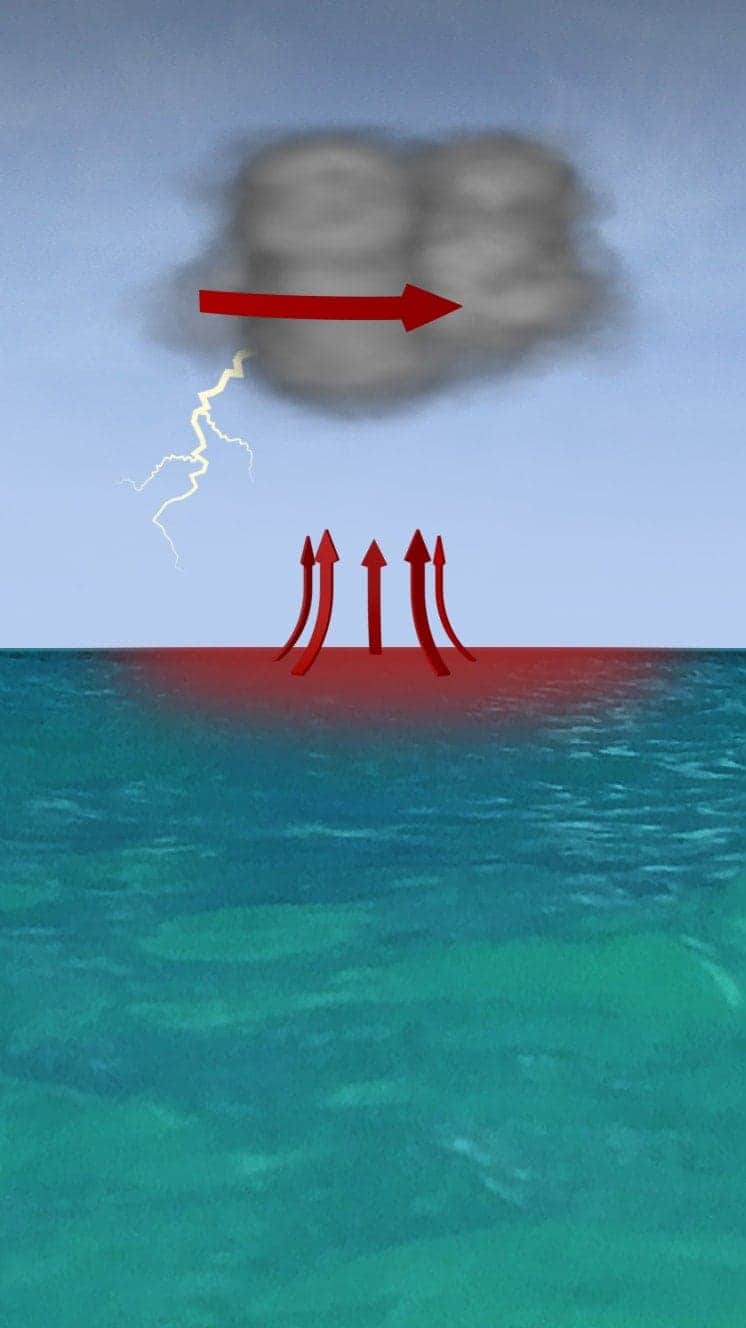
The storm rotates due to the spin of the earth and energy from the warm ocean increases wind speeds as it builds.
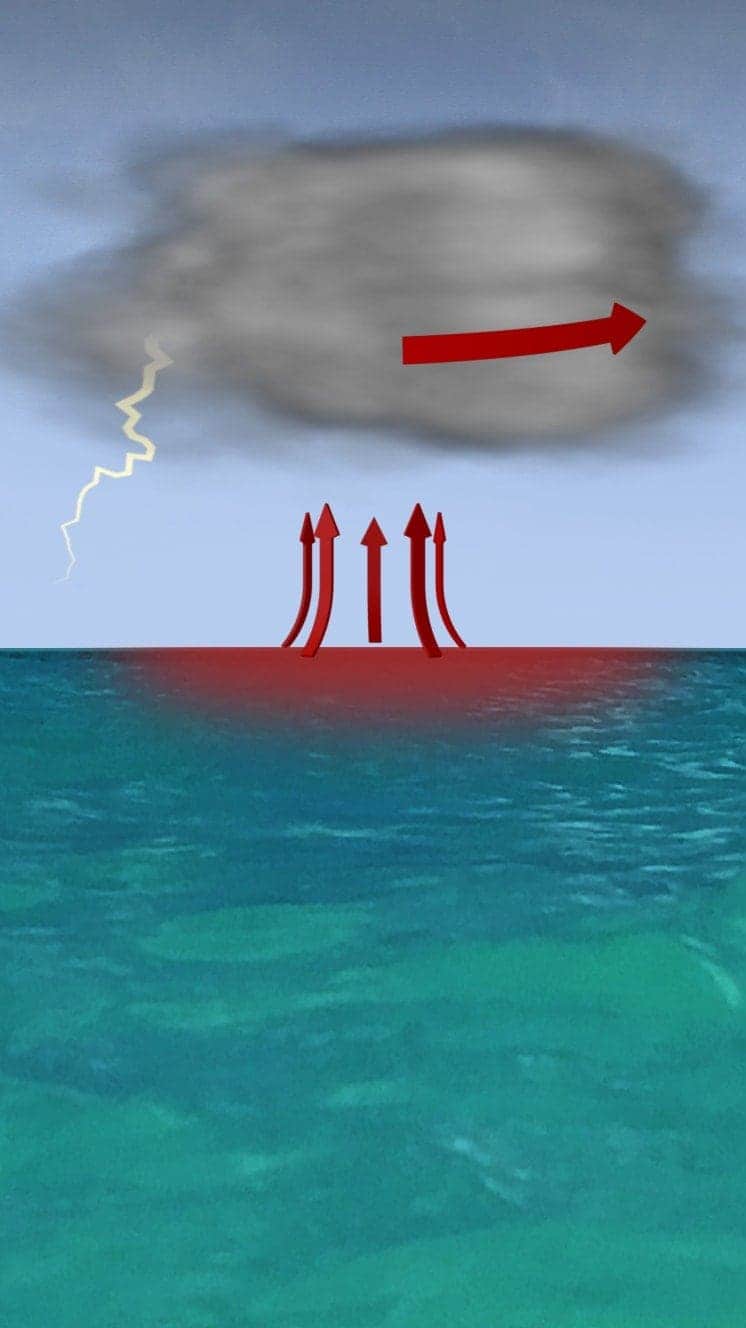
When winds reach 119km/h (74mph), it is known as a hurricane – in the Atlantic and Eastern Pacific – or a typhoon in the Western Pacific.

“Everybody has a plan until they get punched in the face. Well, we’re about to get punched in the face.”
Florida Mayor Bob Buckhorn, ahead of Hurricane Irma (2017)
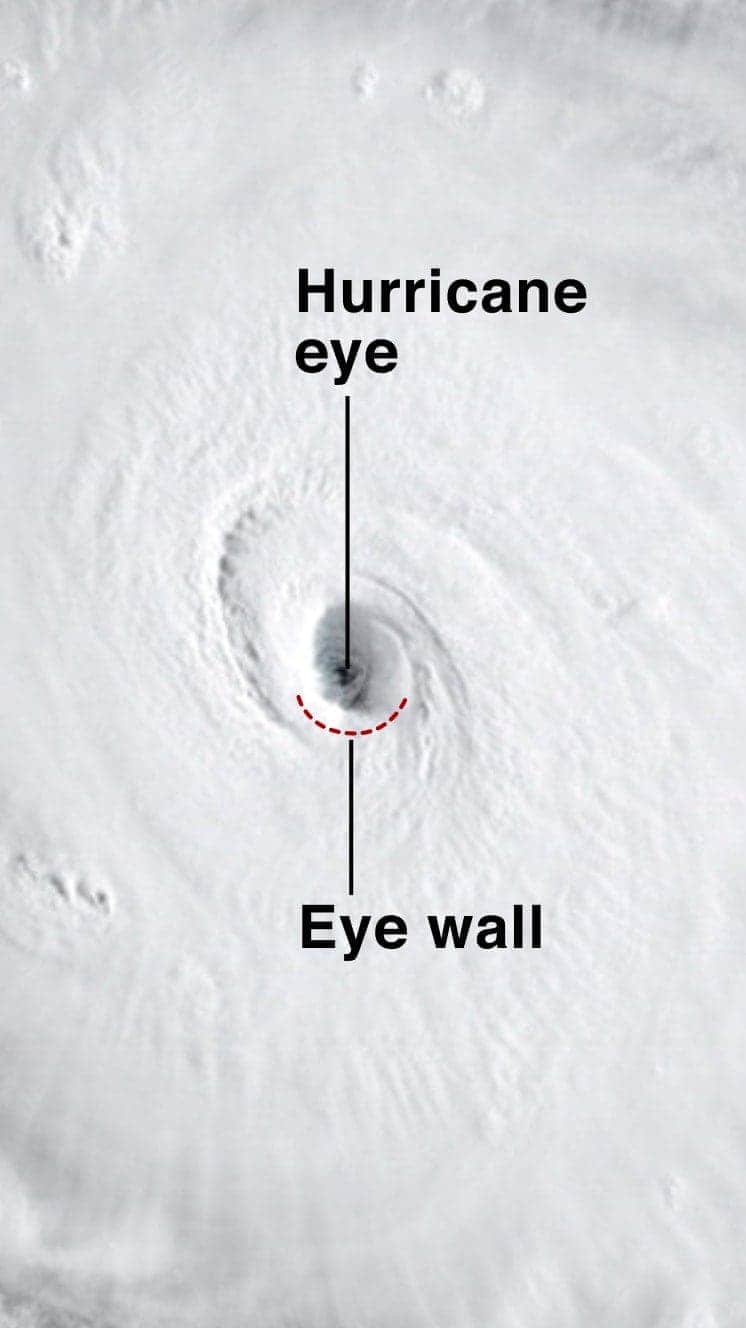
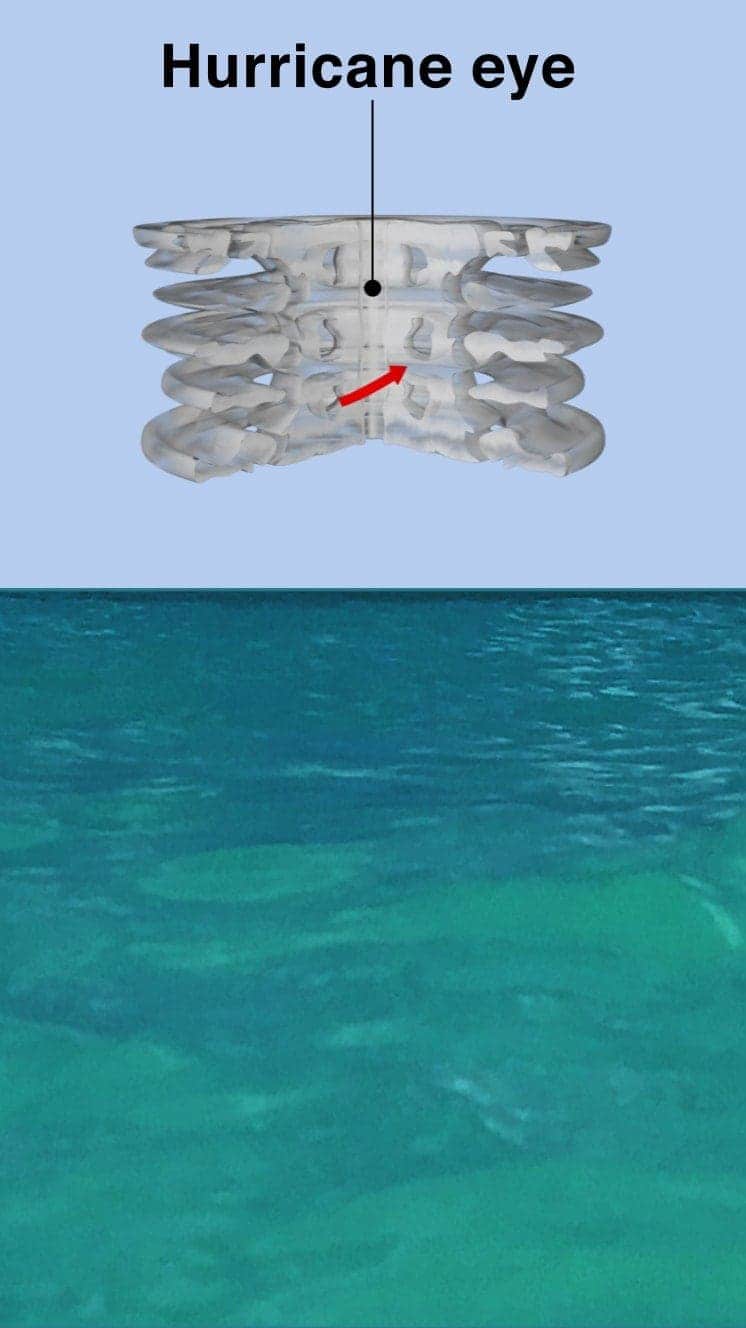
The central eye of calmer weather is surrounded by a wall of rainstorms.
This eyewall has the fastest winds below it and violent currents of air rising through it.
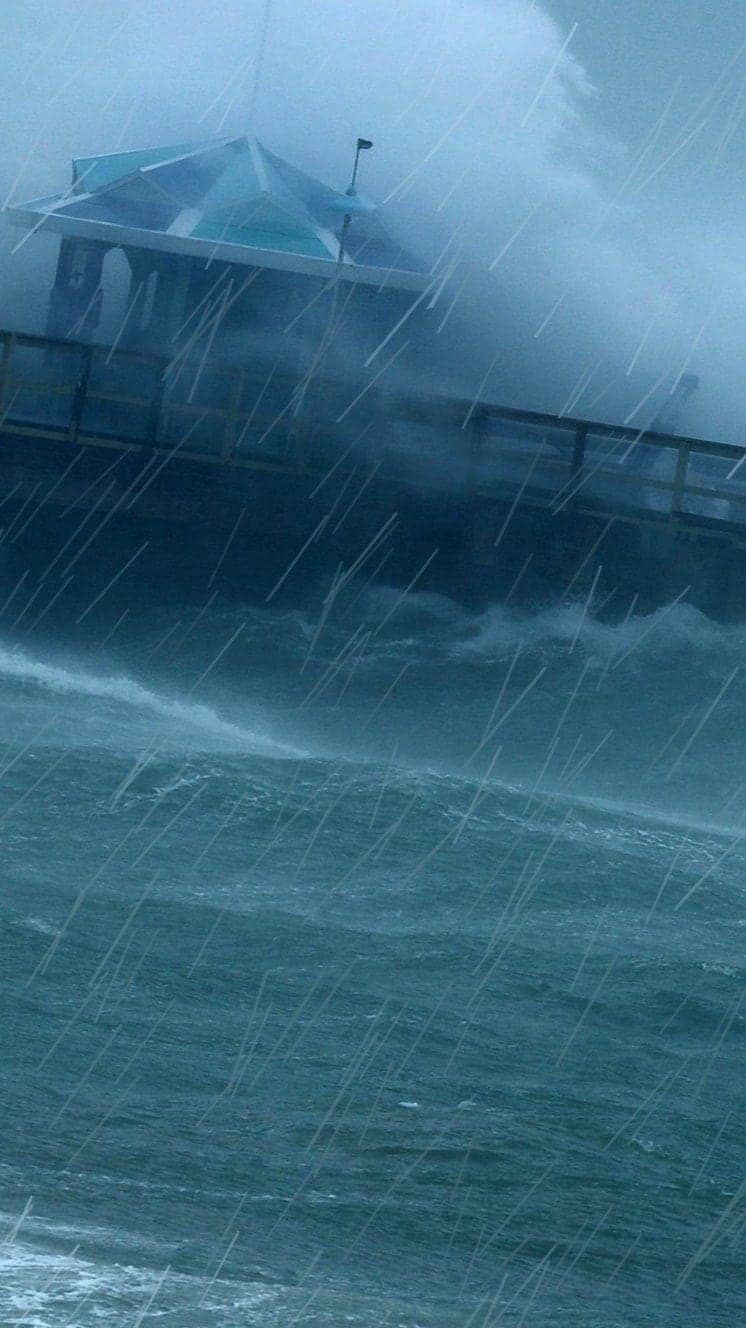
A mound of water piles up below the eye which is unleashed as the storm reaches land.
These storm surges can cause more damage from flooding than the winds.
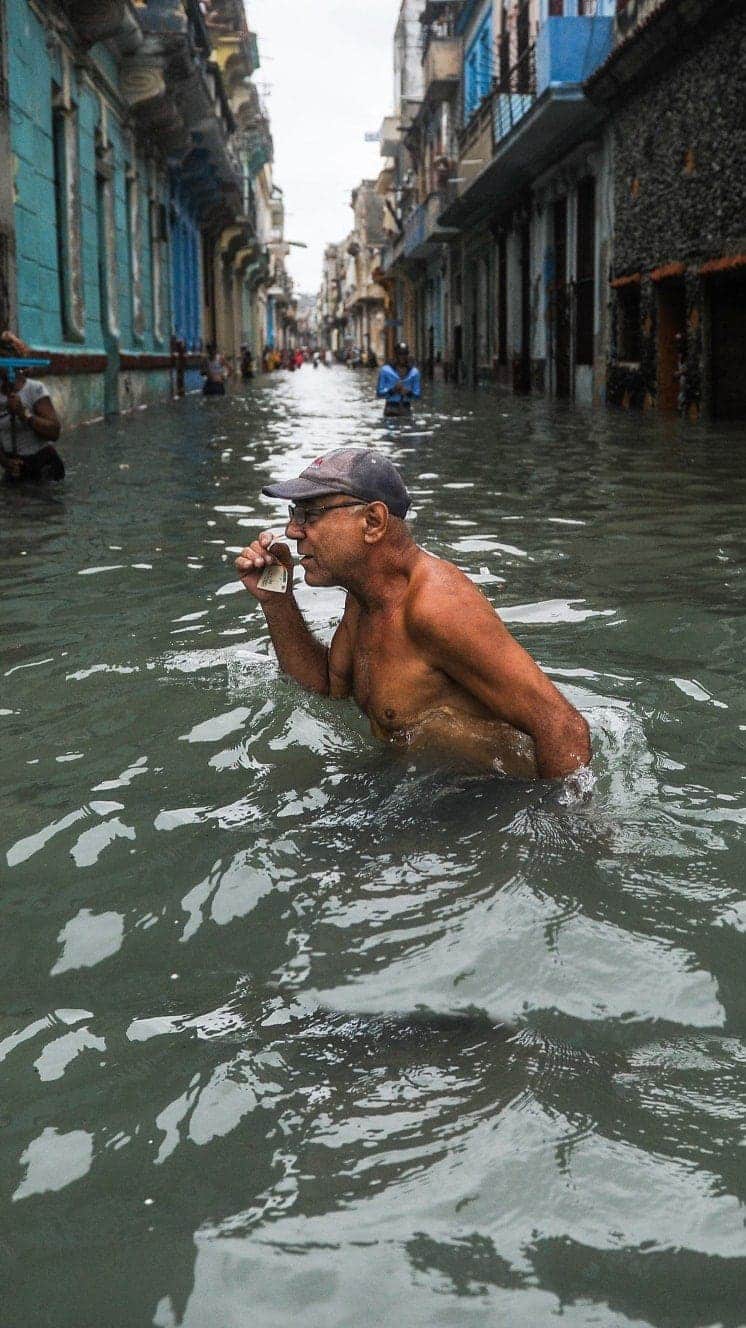
“Urgent warning about the rapid rise of water on the SW FL coast with the passage of #Irma’s eye. MOVE AWAY FROM THE WATER!”
Tweet from the National Hurricane Center
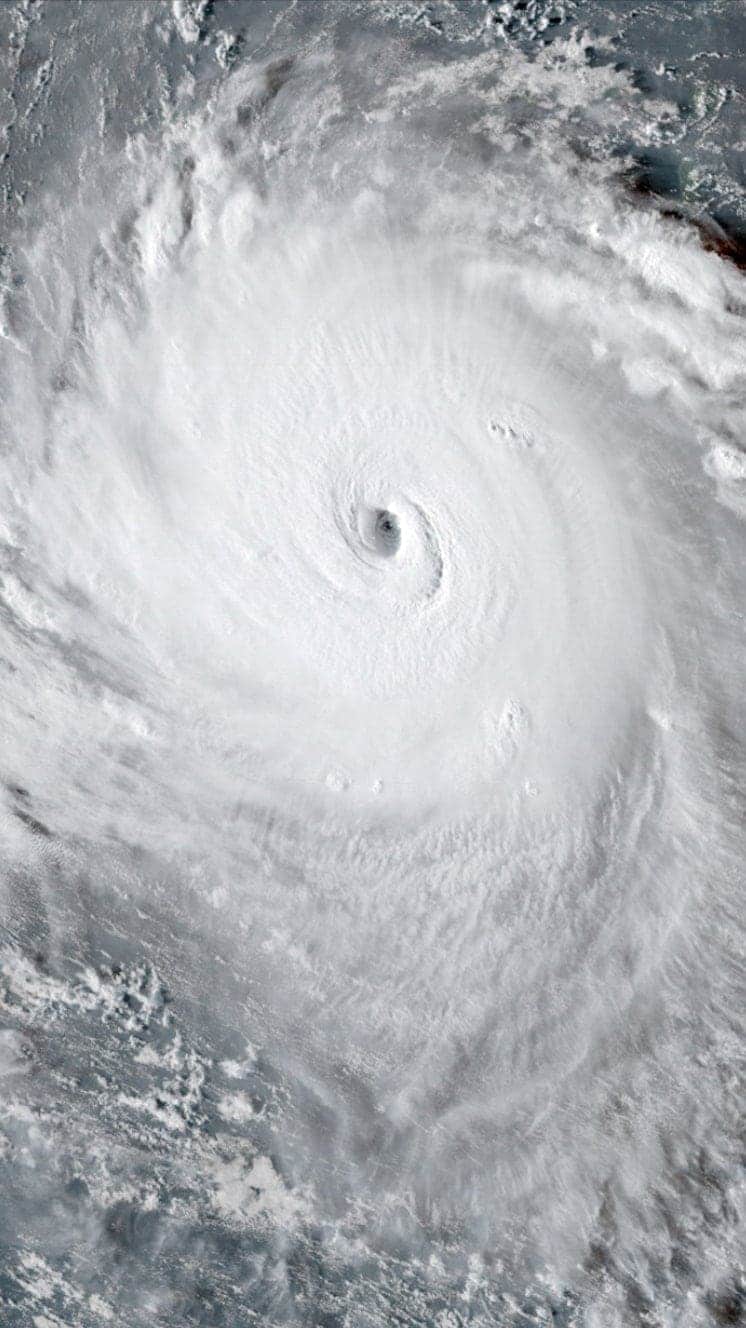
The size of hurricanes is mainly measured by the Saffir-Simpson scale – other scales are used in Asia Pacific and Australia.
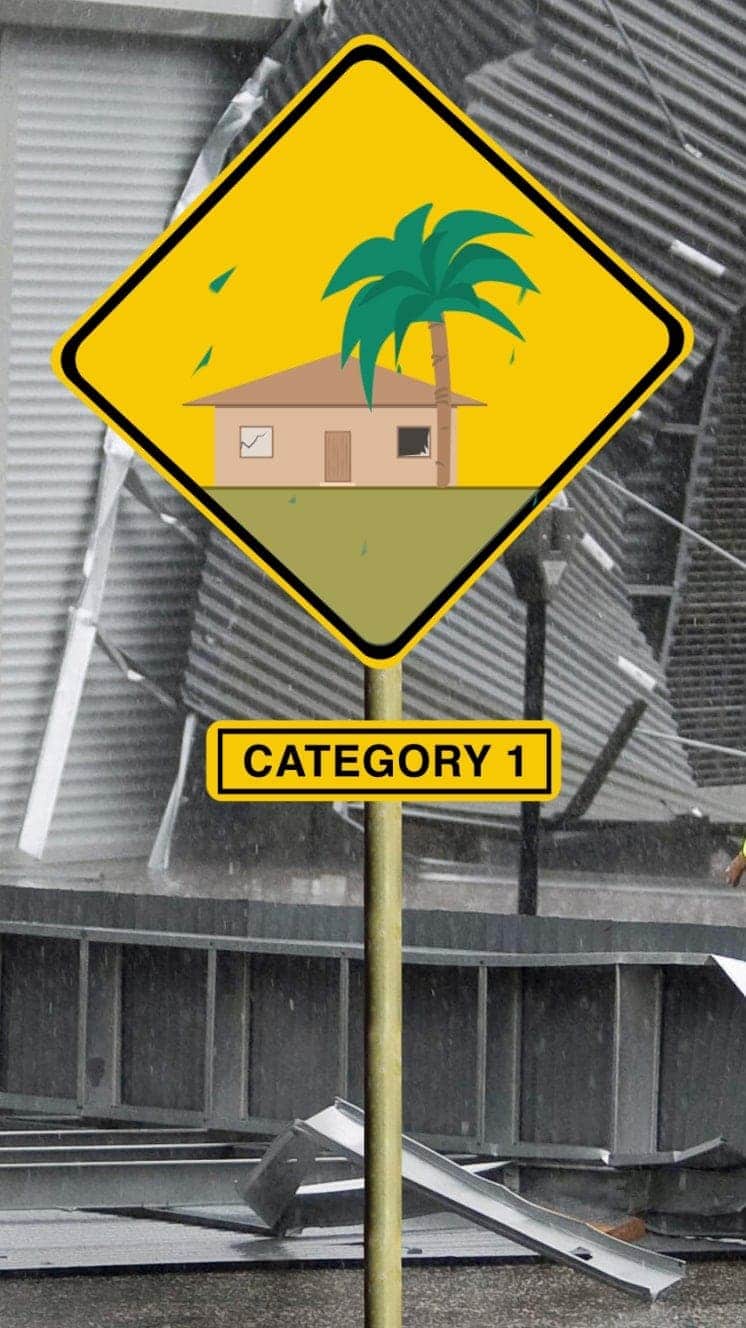
Winds 119-153km/h
Some minor flooding, little structural damage.
Storm surge +1.2m-1.5m
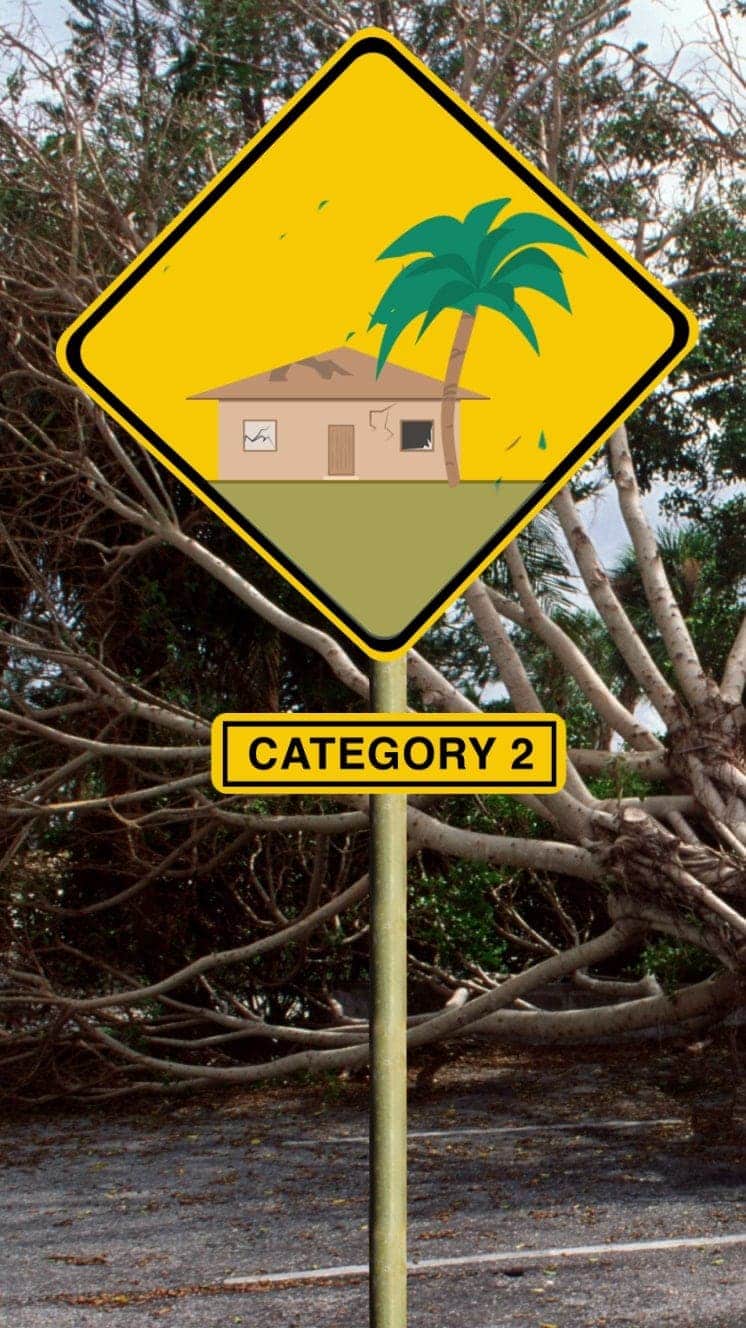
Winds 154-177km/h
Roofs and trees could be damaged.
Storm surge +1.8m-2.4m
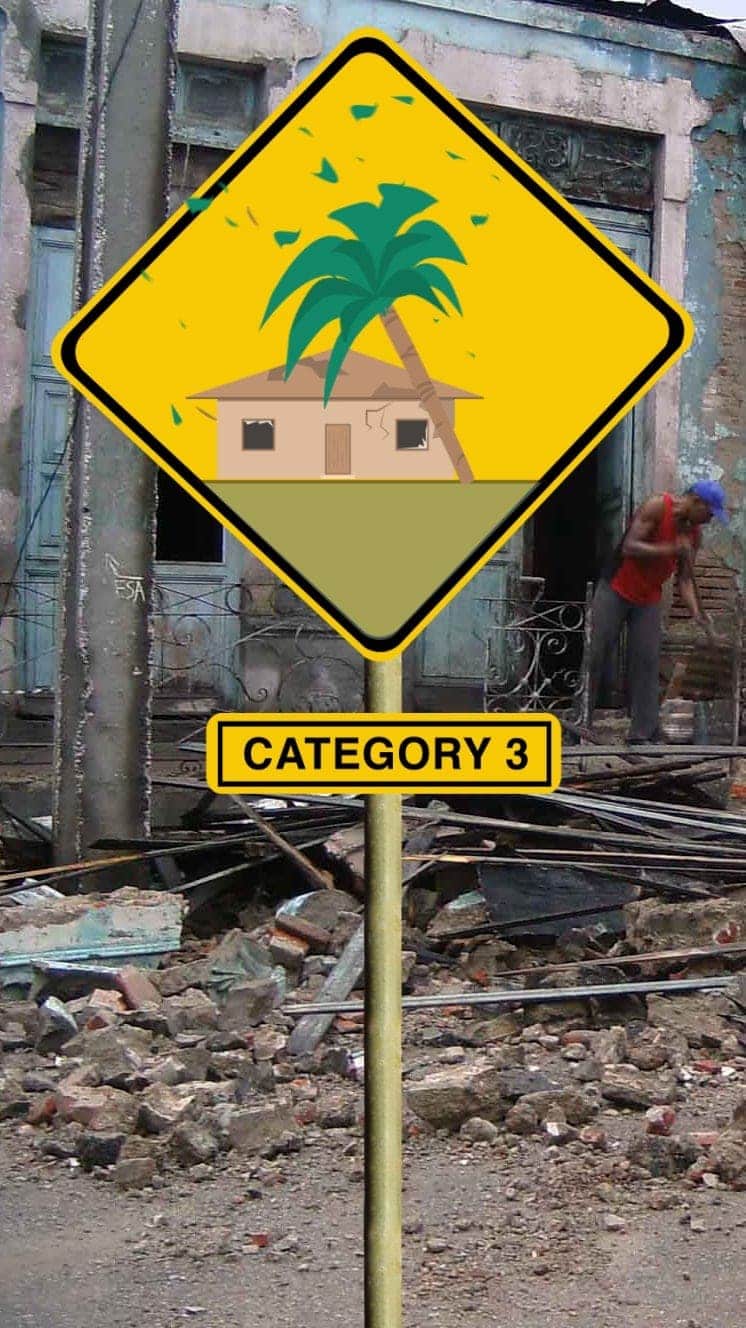
Winds 178-208km/h
Houses suffer damage, severe flooding
Storm surge +2.7m-3.7m
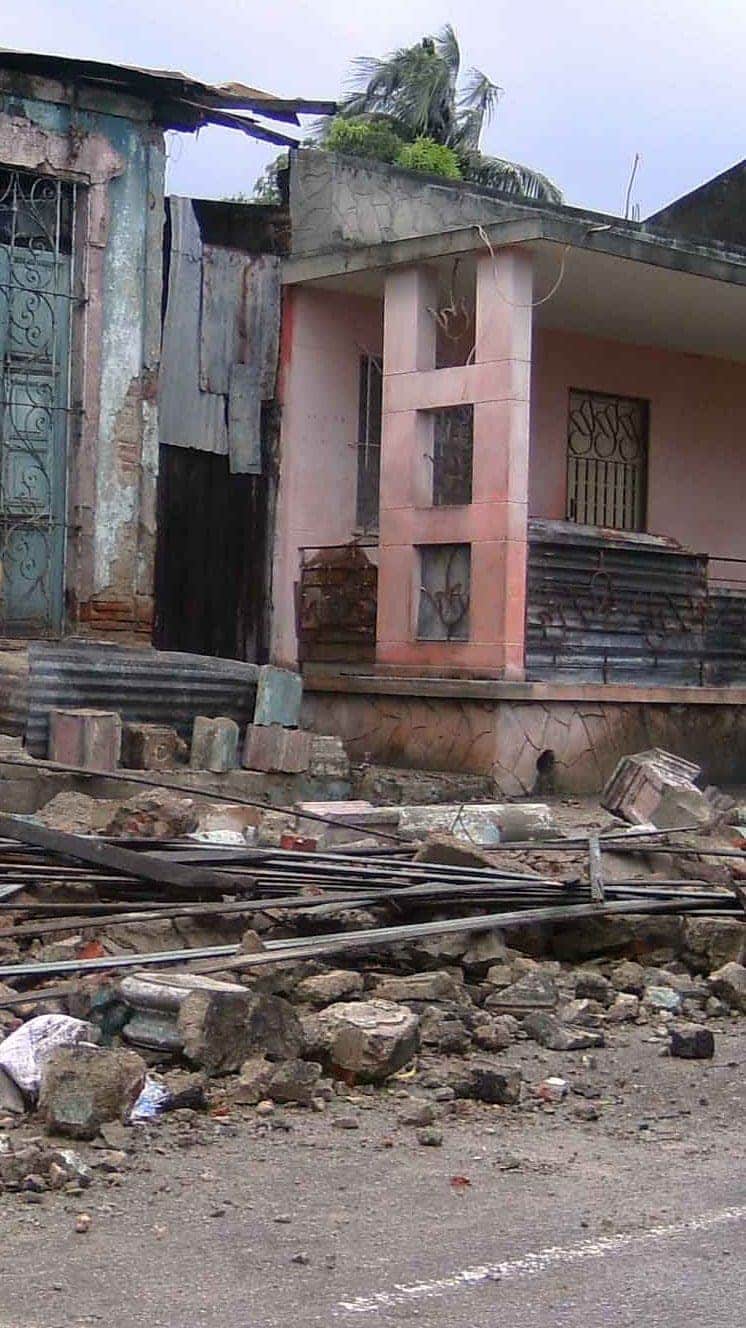
Hurricane Sandy (2012) caused $71bn damage in the Caribbean and New York
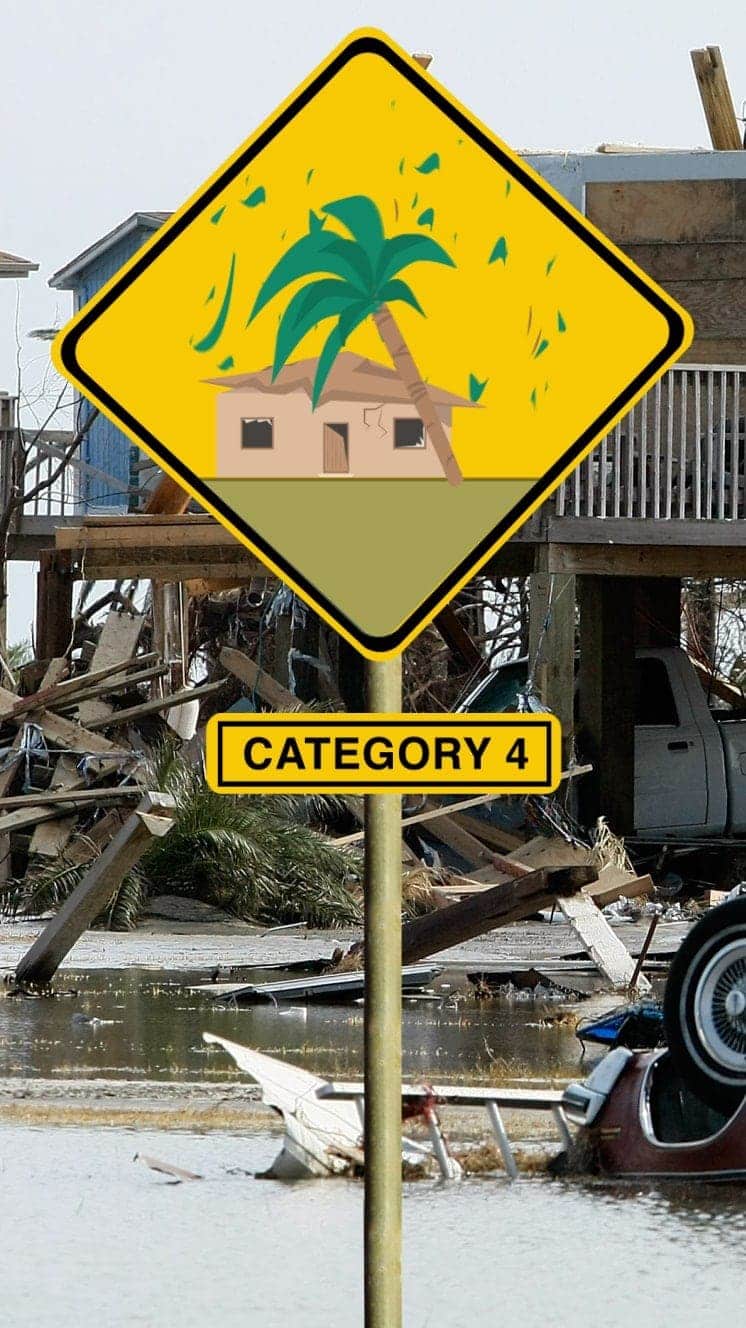
Winds 209-251km/h
Some roofs destroyed and major structural damage to houses.
Storm surge +4m-5.5m
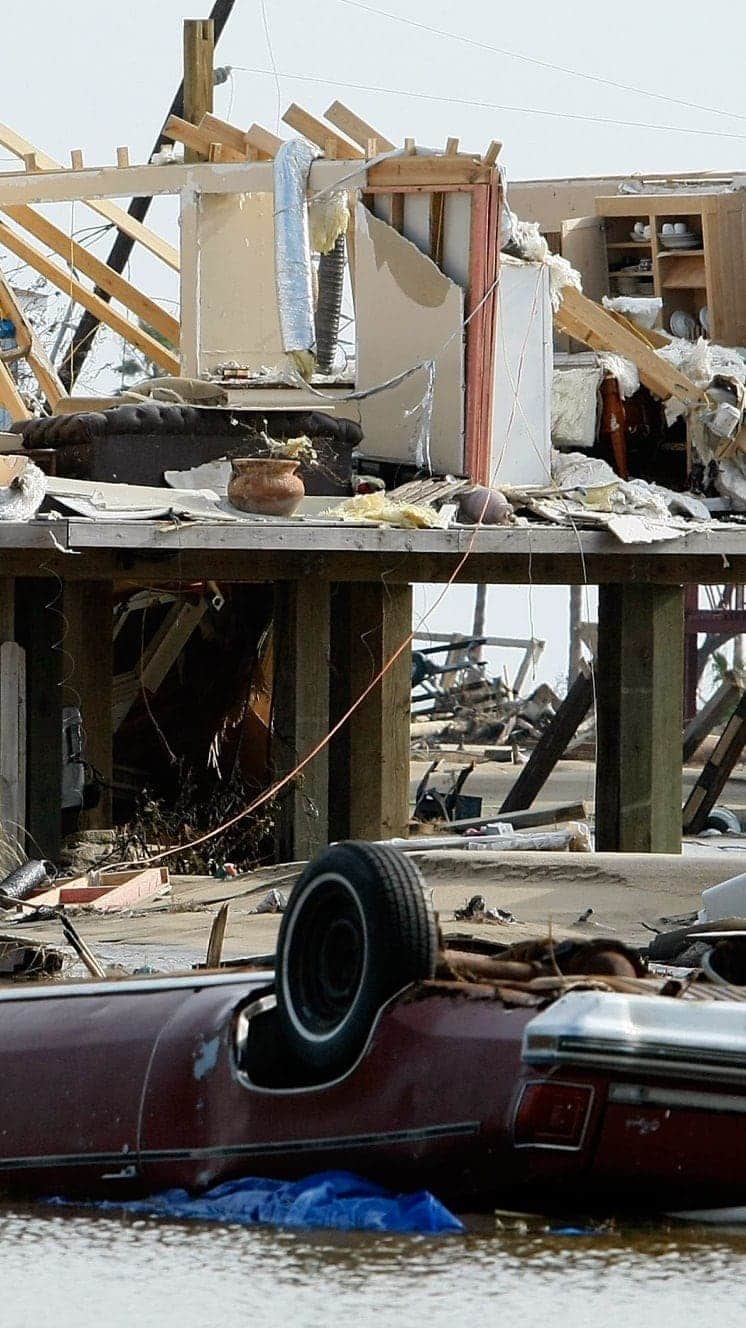
Hurricane Ike (2008) hit Caribbean islands and Louisiana and was blamed for at least 195 deaths
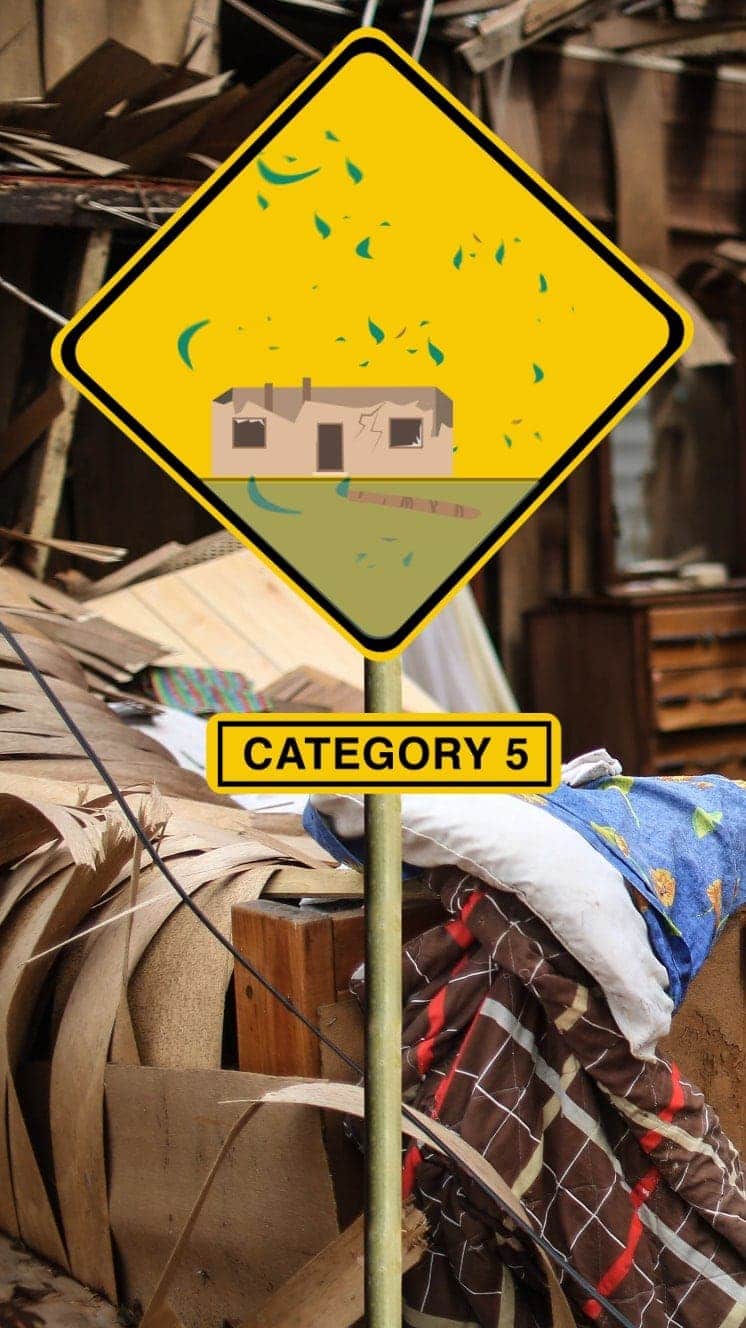
Winds 252km/h+
Serious damage to buildings, severe flooding further inland.
Storm surge +5.5m
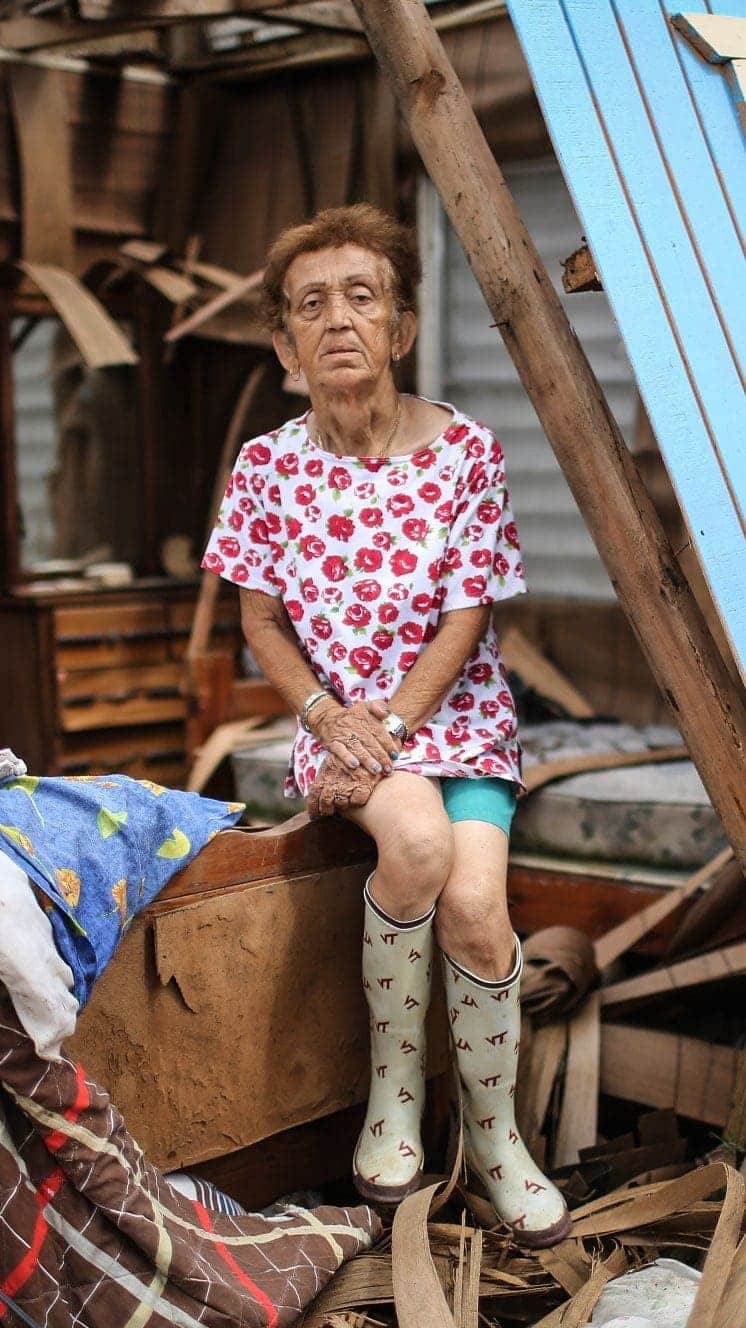
Hurricane Irma (2017) caused devastation in Caribbean islands, leaving thousands homeless
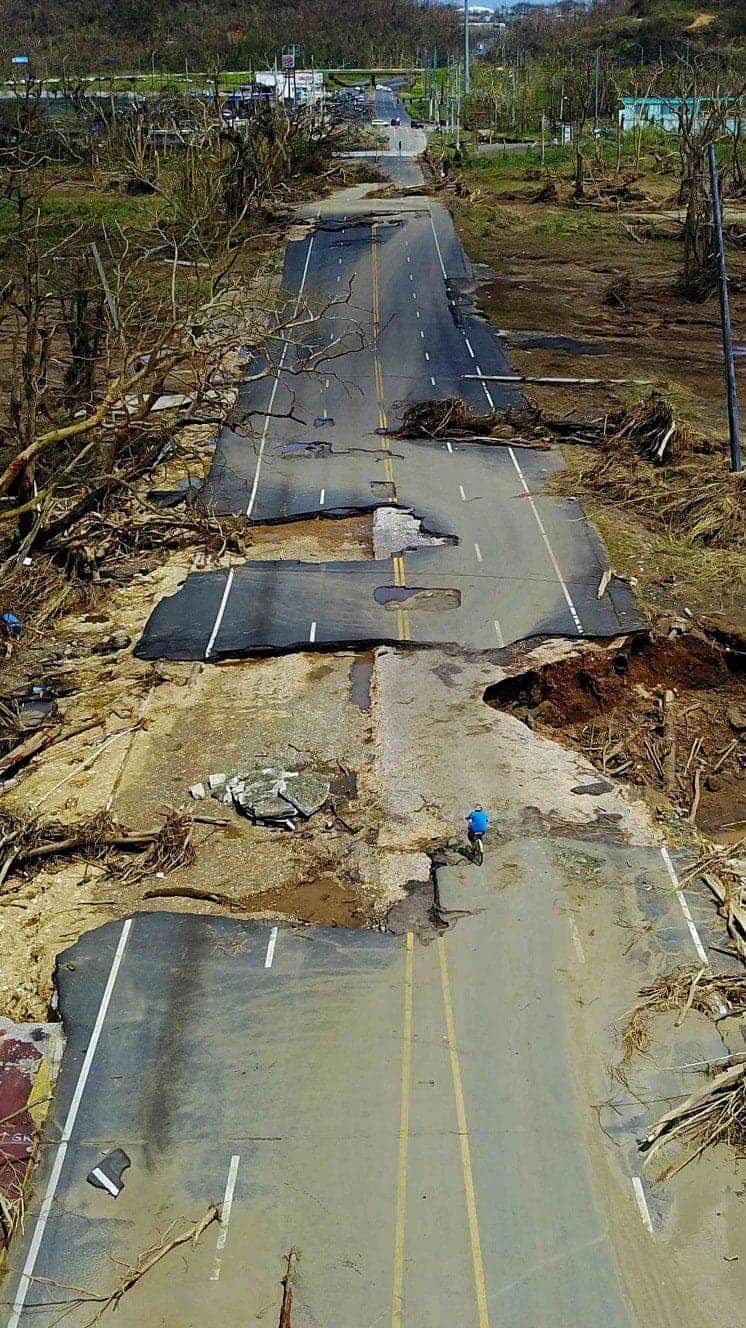
“For everyone thinking they can ride this storm out, I have news for you: that will be one of the biggest mistakes you can make in your life.”
Mayor of New Orleans Ray Nagin ahead of Hurricane Gustav, 2008
If you can’t see the explainer above, follow this link
Looming hurricane sparks Trump warning
Hurricane Irma: Visual guide
Six graphics that sum up Puerto Rico disaster
